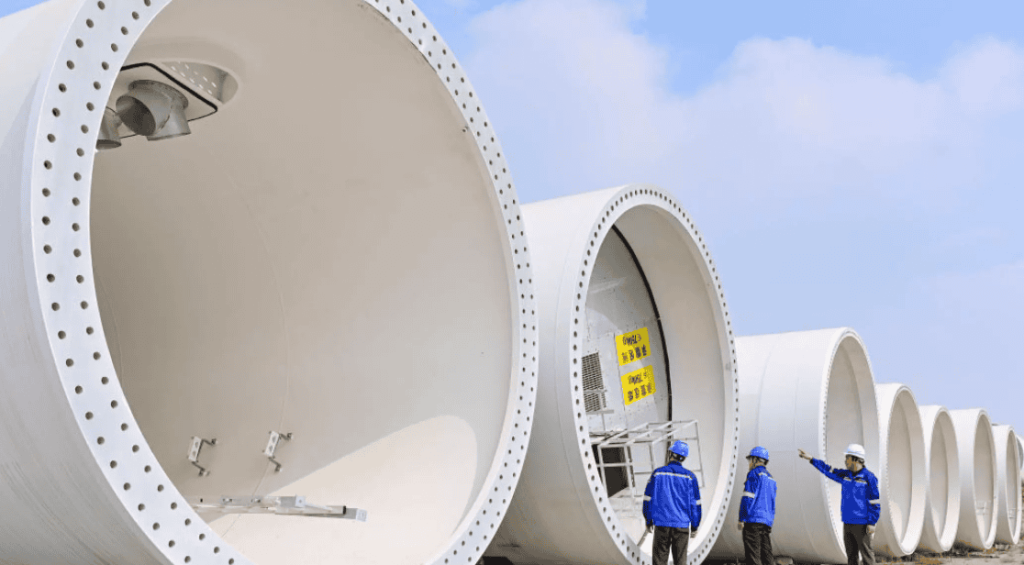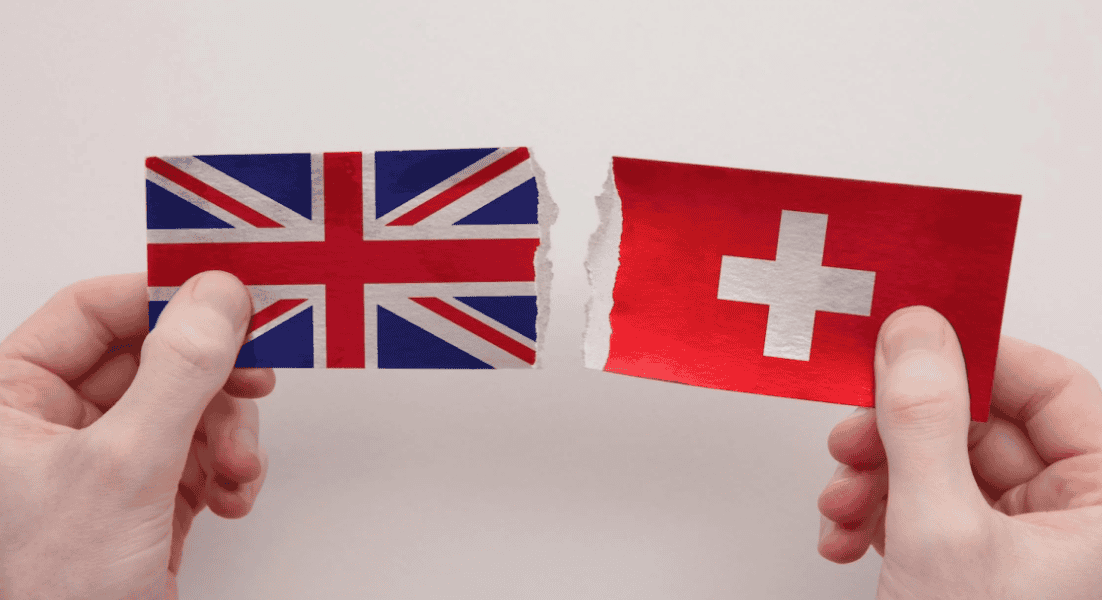Green public procurement supports EU climate goals but may conflict with other objectives, creating trade-offs that challenge its effectiveness.
Public procurement, or the purchasing of goods and services by governments, is among the most powerful policy tools available to the public sector. Accounting for nearly 14 percent of European Union GDP, it shapes markets, signals priorities and can in principle create demand for transformative innovation. Green public procurement (GPP), which aims to include environmental considerations in the procurement process, has been identified as an important lever to deploy public spending in line with the EU’s climate goals. In this paper, we examine GPP as a strategic tool to support the EU’s decarbonisation, industrial and geopolitical objectives, and assess it in context of the EU’s broader policy agenda.
While we acknowledge the importance of GPP in the European decarbonisation process, we argue that its widespread use might also lead to policy tensions with the EU’s other strategic objectives, such as fiscal stability and strategic autonomy. Throughout the paper, we illustrate how the interplay of these goals leads to trade-offs that are very complex to accommodate.
While procurement can empower and add financial weight to European actions aimed at achieving strategic goals, including decarbonisation, it can only be effective if the EU’s underlying strategic policy goals remain consistent with each other. Trying to fit procurement practices to multiple contrasting objectives might result in longer procurement timelines, less competition, more administrative burden and higher costs for governments. These risk hindering the effectiveness of European public administrations in delivering on the objectives, and also in their daily operations, disrupting the public administration’s purchasing practices. Finally, after having illustrated the potential benefits and pitfalls of green procurement, we discuss and evaluate several policy tools that could help the EU resolve the tensions that a widespread introduction of GPP might produce.
Source: Bruegel







































































